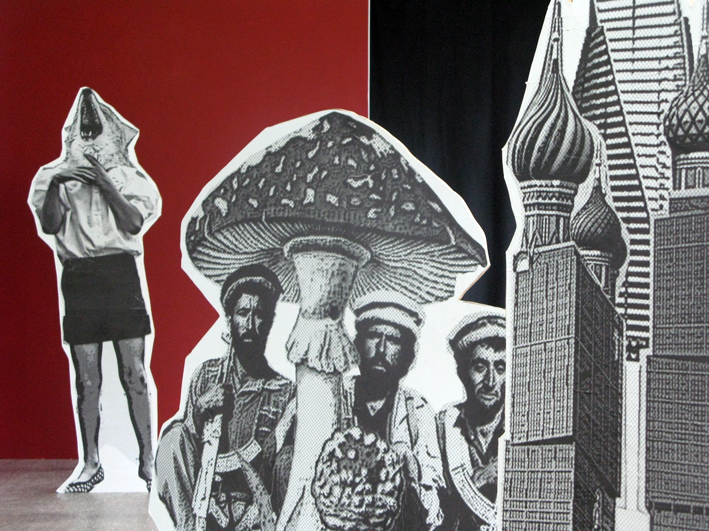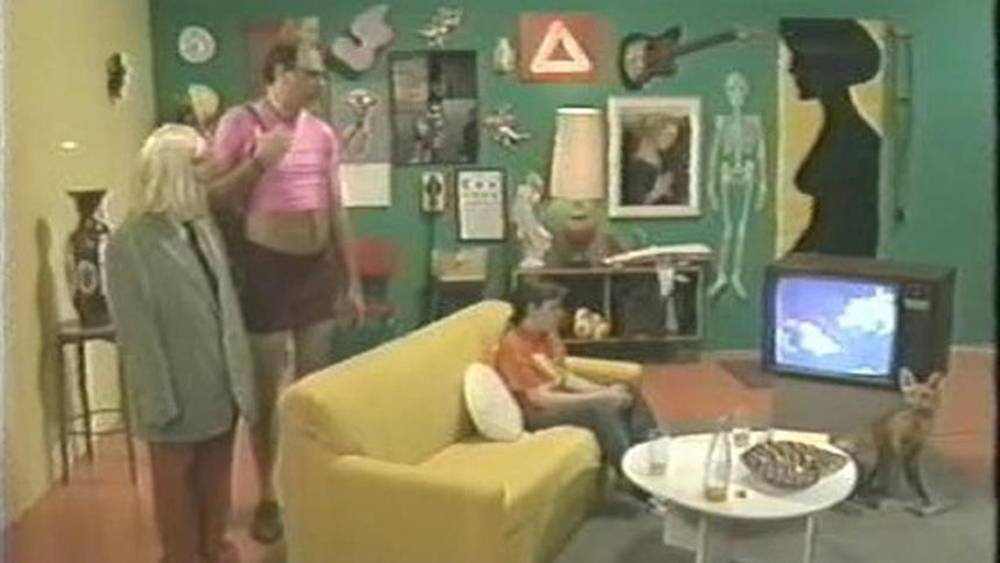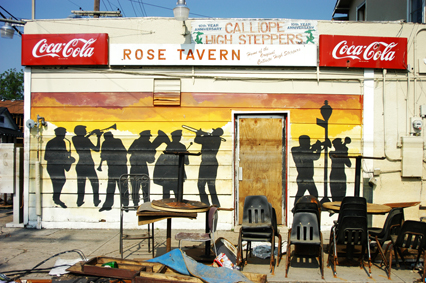
Jandek
Jandek
Jarringly beautiful and often maniacal expression of hallucinatory and very personal visions.
Arika have been creating events since 2001. The Archive is space to share the documentation of our work, over 600 events from the past 20 years. Browse the archive by event, artists and collections, explore using theme pairs, or use the index for a comprehensive overview.

Jarringly beautiful and often maniacal expression of hallucinatory and very personal visions.

A spectacular musical show which discusses the representation of a nation state, its characters and history. A learning play on myth construction and its reproduction.

One of the most influential groups in improvised music, with the collective understanding that comes from listening keenly to each other for decades

A multi-speaker, electronic, spacious and spatial performance from Florian Hecker.

A community of those without community, for a community to come. A schizo-scenic video-collage of the disturbing ‘normality’ of Moby Dick.

Part old-fashioned Renaissance man, part hardcore avant-gardist, the Canadian painter-photographer-filmmaker-musician gives full vent to his genius in the exhilarating perceptual vaudeville, named after the ‘central region’ of tissue that acts as a conduit between the brain’s two hemispheres.

Bleu Shut reveals, and allows us to enjoy, our gullibility within the pervasive absurdity of modern life.

In many ways, this Episode is our attempt to engage with Fred’s incredible writing: with his proposal that all black performance (culture, politics, sexuality, identity, and blackness itself) is improvisation.

A dismantled, performed film, where a narrator pieces together the sounds, images and storytelling of a documentary about Hurricane Katrina before a live audience.

What might Carter and Parker’s collaboration tell us about our own performances of responsibility and liberty, whether individual, social or musical?

Somewhere between performance, stripped down theatre and an intense kind of public learning or maybe even a public hearing.

Quasi-theatrical multiple-projector pieces play with the relationship between performers, art and audiences.